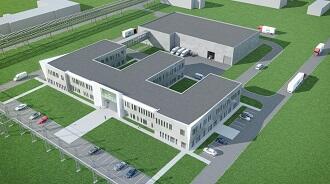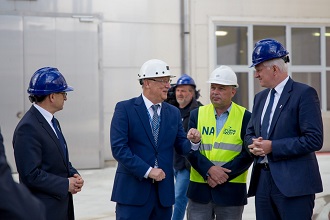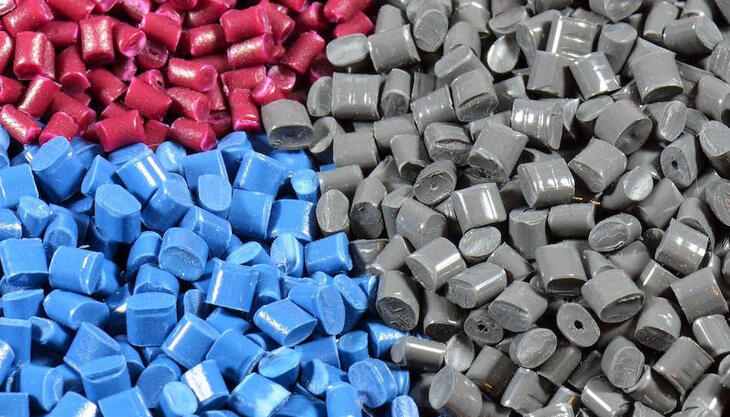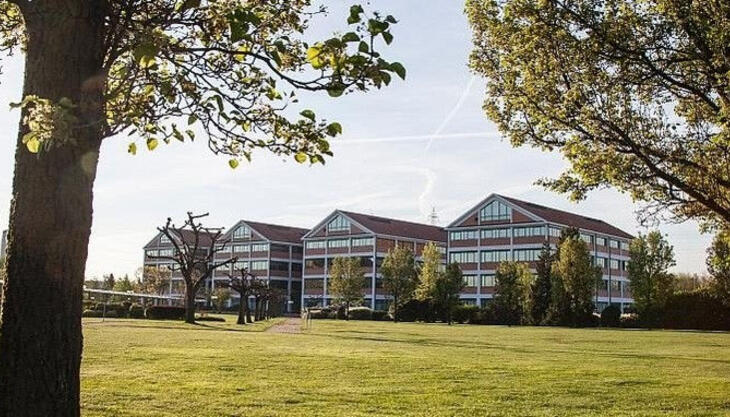
Recently, a cornerstone laying ceremony officially marked the start of construction of Grupa Azoty’s new research and development centre in Tarnów (Poland). The project will allow the company to expand its own research activities as part of the group’s R&D efforts, and is consistent with the group’s strategy to generate and implement innovation. It will also improve the competitiveness of Grupa Azoty’s products. Special guests who attended the ceremony included Jarosław Gowin, Deputy Prime Minister and Minister of Science and Higher Education, and Jadwiga Emilewicz, Under-secretary of State at the Ministry of Development.
The key outcome of the efforts to develop the R&D infrastructure in Tarnów will be expansion of the group’s own research activities and creating an environment where results of the research could be verified at pilot-plant scale. Twenty new members of the staff, including five holders of PhD degrees, who are to be employed at the centre will strengthen Grupa Azoty’s R&D human resources. Other expected effects of the project will include establishing and expanding cooperation with startups, research organizations and non-governmental organizations.
 The new
facility, a two-storey building, will house laboratories and office space, with
a total area of more than 5,500 square metres, and a pilot-plant hall with a
total area of more than 2,400 square metres, connected to the main building.
The project will involve construction and installation work as well as site
development, including internal roads, car parks, pedestrian paths, indoor and
outdoor mechanical and electrical systems, furnishing of premises, purchase of
modern research and analytical equipment for the laboratories, installation work
and auxiliary utilities for the pilot-plant hall, as well as plant and
equipment for bench-scale and pilot testing and research. The new centre will
be developed around the Chemical Technology Research and Development Centre,
i.e. an existing unit within the structure of Grupa Azoty.
The new
facility, a two-storey building, will house laboratories and office space, with
a total area of more than 5,500 square metres, and a pilot-plant hall with a
total area of more than 2,400 square metres, connected to the main building.
The project will involve construction and installation work as well as site
development, including internal roads, car parks, pedestrian paths, indoor and
outdoor mechanical and electrical systems, furnishing of premises, purchase of
modern research and analytical equipment for the laboratories, installation work
and auxiliary utilities for the pilot-plant hall, as well as plant and
equipment for bench-scale and pilot testing and research. The new centre will
be developed around the Chemical Technology Research and Development Centre,
i.e. an existing unit within the structure of Grupa Azoty.























